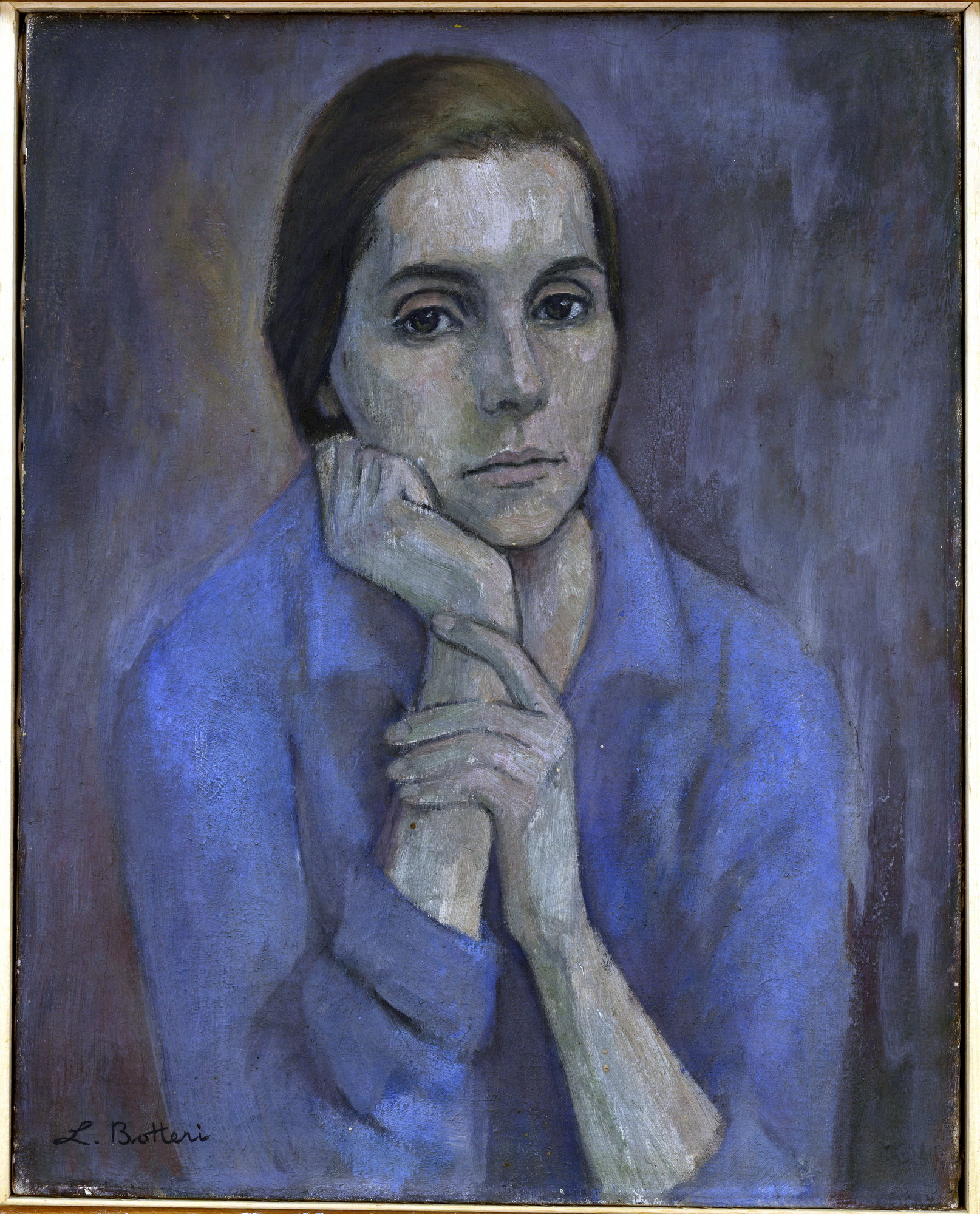VIVO CONFORTAVELMENTE NO MUSEU, LONGE DAS MARÉS”, NOS ESCREVE O FUGITIVO POLÍTICO
DOI:
https://doi.org/10.33871/sensorium.2024.11.9578Abstract
The essay discusses the displacements of the word “museum” in the novel The Invention of Morel (1940) by Adolfo Bioy Casares. Through this analysis, it seeks to establish a relationship between mimetic myths and Morel’s machine on his museum island. One of the objectives of considering the production and uninterrupted circulation of images is to discuss the meanings that the museum can encompass as both a material and symbolic building. In the essay, this imagetic regime aligns with the displacements of the word “museum” through the classic prohibition: do not touch! Finally, unfolding (adrift) the uses of the museum in Bioy Casares’ novel is an attempt to propose alternative methods for writing art history that implicitly expose the collapse of representation.
Downloads
Downloads
Published
Issue
Section
License
Copyright (c) 2024 International Interdisciplinary Journal of Visual Arts - Art&Sensorium

This work is licensed under a Creative Commons Attribution 3.0 Unported License.
Authors who publish with this journal agree to the following terms:- Authors retain copyright and grant the journal right of first publication with the work simultaneously licensed under a Creative Commons Attribution License that allows others to share the work with an acknowledgement of the work's authorship and initial publication in this journal.
- Authors are able to enter into separate, additional contractual arrangements for the non-exclusive distribution of the journal's published version of the work (e.g., post it to an institutional repository or publish it in a book), with an acknowledgement of its initial publication in this journal.
- Authors are permitted and encouraged to post their work online (e.g., in institutional repositories or on their website) prior to and during the submission process, as it can lead to productive exchanges, as well as earlier and greater citation of published work (See The Effect of Open Access).





